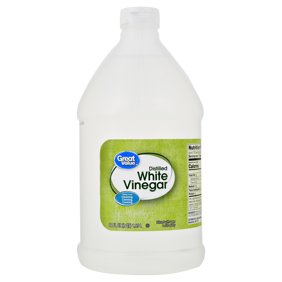Kitchen hygiene is essential for your personal well being and that of your loved ones. The kitchen is where you prepare meals; it is important that you ensure high cleanliness standards.
To achieve this, a number of homeowners use harsh commercial chemicals in cleaning their kitchen, which is unnecessary.
There are many affordable, user-friendly ways that do not involve the use of harsh chemicals that can damage kitchen equipment and surfaces.
Use of natural cleaning products is one of the options you can explore as you look into ways of how to best clean your kitchen.
This article features the natural ways to clean your kitchen, saving you time and money. It is possible to deep clean your kitchen using natural methods.
Lemon juice on stains
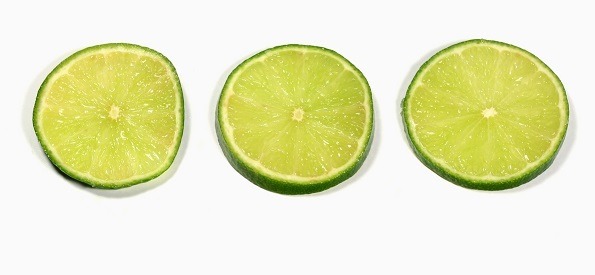
Lemon can not only make your home smell fresh and citrusy but also keep at bay microbes and refresh the surfaces.
When you pair it with vinegar and water, fresh lemon juice will create the best natural cleaning product for cleaning your house.
Filled with acid, this tart fruit juice can eliminate mold, germs, and bacteria; and make a good deodorizer.
You can rub the lemon juice over cutting boards, tile, and countertops to provide them with an immediate refresh.
Lemons, too, are good cleaning agents. Pouring fresh lemon juice on greasy stains, mildew, and food stains loosen up the dirt or stains for you to easily wipe off the dirt.
Besides their juice, peels can be a good tool for cleaning up as well. All citrus peels have limonene, citrus oil that will act as a powerful degreaser, get rid of stains, and disinfect.
You can add citrus peels straight into a garbage disposal to deodorize or create a strong solution by combining with other ingredients.
To create your wonderful all-natural and (all-purpose) cleaning product, fill a mason jar with white vinegar and citrus peels, and let it infuse for 14 days before you use it as a clean-all solution on multiple surfaces.
Citrus for cleaning the microwave
Citrus fruits like lemons and oranges work like magic on your microwave. Cut the citrus fruits in a bowl of water and let them run in your microwave for a few minutes.
The steam loosens up the debris in the microwave, and the citrus leaves your microwave smelling fresh.
Lemon juice and olive oil to polish wood
Well-maintained wood adds an aesthetic appeal to the entire kitchen. The use of toxic chemicals can damage your wood, altering its eye appeal. The safest home remedy for wood is the use of lemon juice and olive oil.
Mix a ratio of 1:2 of olive and lemon juice. Spray the solution on the surface and spread it on the wood using a clean cloth.
Lemons for disinfecting countertops and cutting boards
Lemons are acidic in nature. The acid acts as a disinfectant by destroying bacteria.
Slice the lemon into half and with one half, with the cut side facing down, rub it over cutting boards and countertops or any other surface you’d like to disinfect.
Baking soda and vinegar for burnt pans
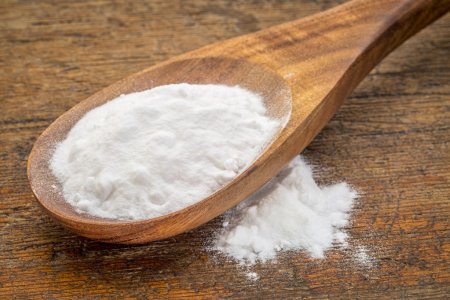
Burnt pans are very frustrating when it comes to cleaning. To solve the problem, pour some baking soda and vinegar on the affected areas and leave it for the night.
By morning most of the stains will have loosened up, making it easier to scrub with minimal effort.
Baking soda, vinegar, and boiling water to unclog drains
Food particles and solid oil can clog the drains in your sink. Pour a bit of baking soda and some vinegar down the drain.
Leave it for a few minutes for the fizzing reaction to stop, then drain with some hot water to flush the debris. It is more efficient and safer compared to commercial cleanings, which could burn your drain.
Use baking soda to clean pots and pans
Harsh scrubbing on your pots and pans can damage the equipment. For stubborn stains, add some water to the pans and pots and let it boil.
Pour a bit of baking soda in the boiling water, allow it simmer, and use a wooden spoon to loosen the stubborn stains.
Baking soda to remove stains from cups and mugs
Regular drinking of tea and coffee can stain your mug. To clear off the stain, add baking soda with some water and leave it for a while before wiping it off.
Baking soda and aluminum foil to clean silverware
Scrubbing tarnished silverware with special polish may have you spend a good number of hours in the kitchen. Using baking soda and aluminum foil will ease your work.
Add a tablespoon of baking soda and water to a large pot, place a piece of aluminum foil in the mixture and bring it to boil.
Place the silverware inside the pot for a few seconds and remove it with the help of tongs.
Use baking soda and lemon to clean tiles
For tiled surfaces, slice the lemon into two. Sprinkle some baking soda, which acts as a mild abrasive. Rub the lemon on the surface.
The lemon’s acidic properties remove the debris off the floor. The use of lemon will deodorize your floor, giving it a fresh odor.
Use of vinegar to remove grease
Vinegar contains acid, which is a powerful grease removing agent. Nevertheless, using vinegar solely can cause damage to some surfaces due to its strong acidic nature.
Dilute the vinegar with some water and apply it on the greasy surfaces such as the stovetop. Allow it some few minutes to take effect and wipe it with a damp cloth after that.
Vinegar in cleaning floors
Vinegar is an effective, affordable cleaning solution on laminate, ceramic, and other floor surfaces.
However, do not use vinegar in the woods as it can cause damage. Also, avoid the use of concentrated vinegar but instead use diluted vinegar to apply on the floor surface.
Use of vinegar to clean glass surfaces
Vinegar does a great job on glass surfaces.
Spray the vinegar on the glass and rub it off with a newspaper to avoid leaving marks.
Using hydrogen peroxide in the garbage can
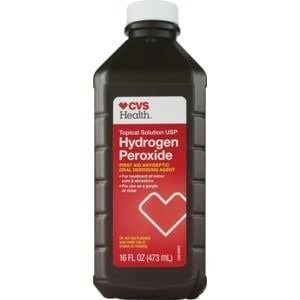
Hydrogen peroxide is well-known for its bacteria destroying feature. Inside the garbage cans is the perfect place for the breeding of bacteria. Adding a bit of hydrogen peroxide instantly destroys any bacteria.
Moreover, hydrogen peroxide is a good substitute for bleach. Instead of cleaning your surfaces with bleach, opt for hydrogen peroxide, a milder version of bleach.
Salt for scrubbing stubborn stains
Salt is a natural ingredient that has been used as a cleaning product for hundred of years. You can use it to clean several house surfaces.
Used together with lemon juice or vinegar, table salt will help to clean up brass naturally. Just rub the brass item using a sponge full of white vinegar and lemon juice, and then sprinkle on some salt.
Use water to rinse and use a soft cloth to wipe the surface clean. You can also use salt in tandem with vinegar to rub on ceramic mugs. This will eliminate stubborn coffee stains.
Also, pour salt down your sink frequently to help break down grease and deodorize. This will eliminate bad smells from your kitchen drain and avoid blockages cause by grease.
Clean up and deodorize your refrigerator’s interior by mixing soda water with salt and rub on the surfaces.
After that, mix a small amount of vegetable oil with salt and apply it to the rinds to get rid of them. You can also clean up the cast irons by heating oil and using a ¼ cup of salt to scrub.
Use vodka as glass cleaner
Most commercial glass cleaners contain a bit of alcohol as well as other ingredients. Based on this logic, vodka is also a perfect glass cleaner.
You need not buy expensive vodka. Spray some vodka on the glass surface you want to clean and wipe it off with a newspaper.
Use activated charcoal to deodorize the fridge
The foods in your refrigerator are a major contributor to your fridge odors, no matter how clean the fridge is.
Placing a bowl of activated charcoal inside the refrigerator deodorizes the fridge by absorbing all smells.
Olive Oil
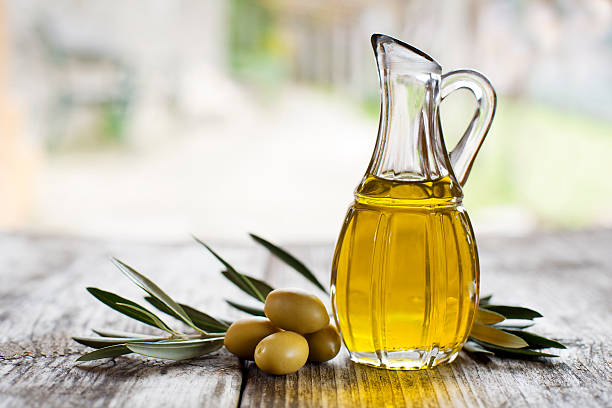
Although rubbing olive oil on the kitchen surfaces may look like more of creating a mess than fixing the mess, you can also use it to effectively polish metal and wood surfaces to make them appear new and shiny again.
You can combine ½ cup of white vinegar with one cup of olive oil, and optionally some essential oil drops for a more pleasing smell to make effective wood polish.
You can also use olive oil to clean the cast iron pans effectively and safely.

